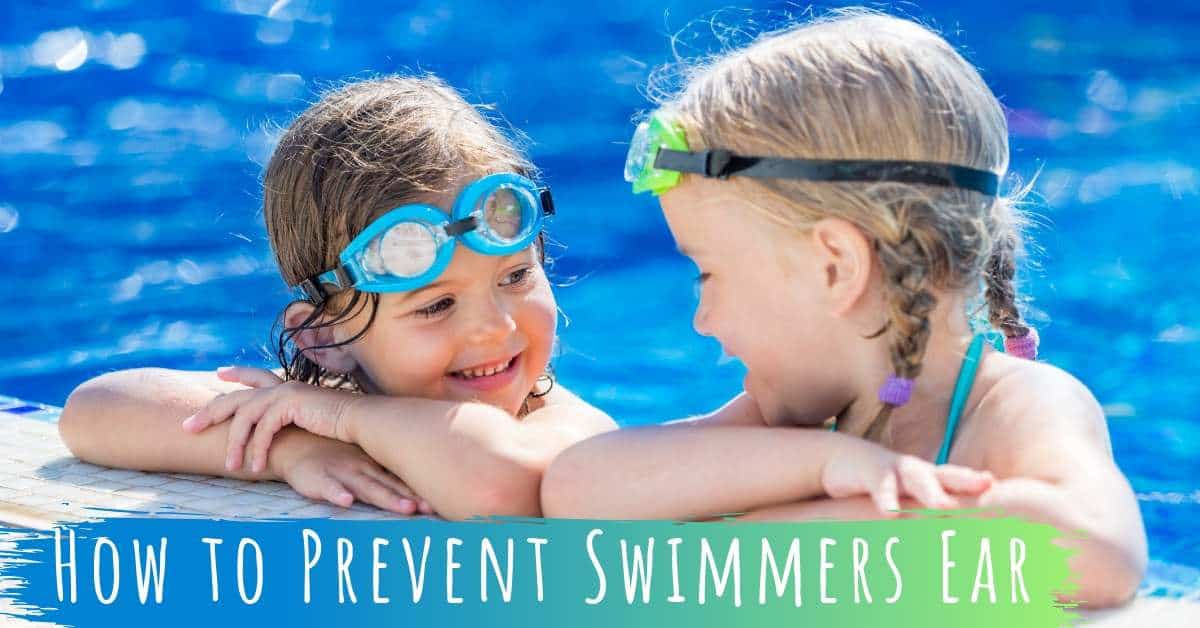- Can Swimming With Hearing Aids Be Safe? - May 7, 2025
- Why Hydration Matters for Hearing Health - April 9, 2025
- Ensuring Safe Travels with Hearing Aids - March 7, 2025
The warmer months of summer are finally here and that means spending a lot of time trying to stay cool dipping into pools lakes, rivers and oceans. Swimming is a great way to relax and get a good cardiovascular workout at the same time, but just like with any physical activity, it’s important to take the necessary precautions to ensure you’re safe while enjoying yourself.
When your head becomes submerged under water while swimming it can be refreshing, but without the right protection, your ears can be exposed to moisture in your ear canal. Depending on the size and shape of your canal, it may not allow the water to drain enough and you have a chance of developing swimmer’s ear.
What Exactly is Swimmer’s Ear?
Swimmer’s ear is the collection of water in the ear that doesn’t drain well and can lead to otitis externa, a type of infection in the ear canal. It’s most commonly brought on by water collecting in the ear canal. This occurs as added moisture allows for a rapid growth of bacteria. If you’ve ever experienced an ear infection, then you know how uncomfortable and even painful it can be.
Swimmer’s ear typically starts out mild, with moderate itching and redness, and then can become tender and inflamed, potentially harming your ability to hear. Despite its name, you don’t have to spend time at a beach or in a pool to develop swimmer’s ear. This condition can happen after you take a shower or bath. While kids are more prone to swimmer’s ear because they have narrower ear canals, of course adults are at risk well.
Some common symptoms of swimmer’s ear are pain, itching, redness in the ear, and decreased hearing. While swimmer’s ear is usually not too serious, and completely treatable, it must be examined and treated properly by a doctor, or it can progressively become worse and turn into a much more serious matter. If you believe you have swimmer’s ear, it’s important to contact your healthcare professional.
Steps to Prevent Swimmers Ear
There are many steps you can take to prevent this condition while still enjoying the summer and swimming.
- First and foremost, you should never stick foreign objects into your ears. Not only can this push debris and compact wax more deeply into your ear, you can also easily permanently damage the ear canal.
- Try to avoid swimming in water with higher bacteria levels. The higher the bacteria level, the greater the chance for infection. It can often be tough to tell how dirty water may be. If a body of water is marked with a “No Swimming” or “High Bacteria Level” sign now you know why it’s important to head these signs. Many times, water with high bacteria will appear murky and hard to see into, but this isn’t always the case. If there isn’t any signage and you’re unsure of the water’s quality, it’s best to play it safe and avoid swimming in that area.
- Drying your ears immediately after swimming (or even showering) is a great habit to get into to avoid swimmers ear. Removing excess moisture reduces the chance of bacterial growth and therefore reduces the chance of infection.
- Using swim plugs is a great way to minimize the amount of water that enters your ear while swimming. Two types of swim plugs are either one size fits all, which are sold in most retail stores or custom-fit swim plugs, which are made specifically for your ears. by your local hearing healthcare provider.
Swim Safe with Swimmer’s Plugs
Custom-fit swim plugs provide much better protection while you’re swimming. Custom-fit plugs are created from a mold of your outer ear, which allows for a near-perfect seal. Swim plugs are made from a soft silicone that won’t scratch or damage your ear and they are washable and reusable.
Because people swim more frequently in the summer, we at Coweta see an increase in the number of cases of swimmer’s ear during those months. However, with a couple of simple preventative steps and some protective gear, you can enjoy a summer full of swimming while taking good care of your hearing health. If you are interested in learning more about custom fitted swim plugs, visit us at Coweta Hearing & Balance Clinic.

